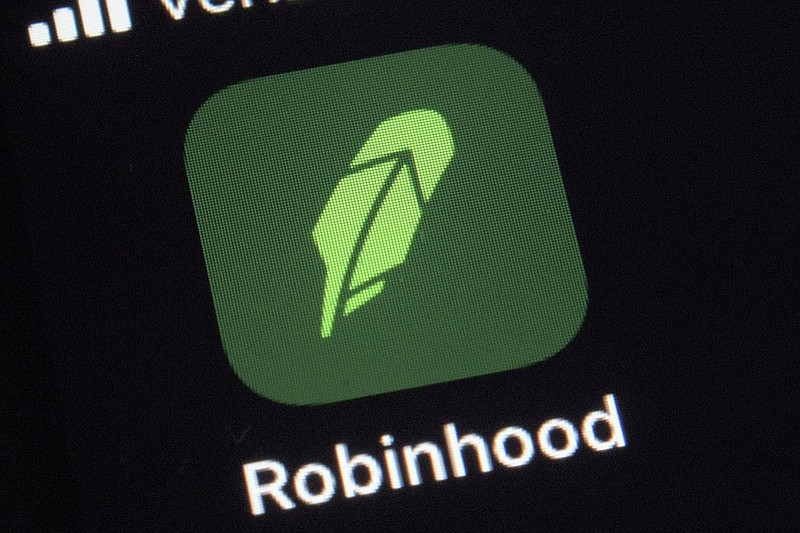After last week, most everyone is at least aware that something weird is going on in the stock market. Shares of video game retailer Gamestop disconnected from reality and briefly surged 2,600% for the year to date.
To be clear, this is not an Amazon or Apple or even Tesla; Gamestop sells new and used Nintendos and PlayStations in retail shopping malls.
And this was not an isolated anomaly. Shares of AMC Entertainment, Bed Bath & Beyond and American Airlines experienced similar, if somewhat less preposterous, share-price spikes.
What is going on?
The proximate cause of this craziness is a market condition referred to as a "short squeeze," in which investors who have bet against a stock are forced to surrender.
The more concerning elements behind last week's action involve the confluence of zero commissions, stimulus checks and social media.
Investors who buy a stock [presumably expecting the price to rise] are said to be "long." The vast majority of ordinary retirement savers hold stocks, bonds and funds for the long run. There is a class of risk-seeking speculators, however, who place active bets against a stock with the expectation that the price will decline. While there are several ways to bet against a stock, the most direct way is to go "short" instead of "long."
Selling short involves selling a stock that you do not actually own. This is facilitated by borrowing shares from someone else who is long. For a price, you essentially rent the shares to deliver to the buyer.
The intent of the short seller is to buy shares in the future, presumably at a lower price, to replace the borrowed stock. The difference in prices between the original short sale and the eventual repurchase determines the profit if, indeed, the shares decline.
Herein lies the danger. If the stock's price goes up instead of down, the short seller is subject to a theoretically unlimited loss. Since the short seller must continue paying rent on the borrowed shares and is also suffering growing losses as the stock price climbs, the position can quickly become untenable. This affliction is known as a "short squeeze," a decision point at which the short must keep financing a losing hand, hoping for a reversal, or "cover" the short by buying expensive shares and taking a beating. The stock climbs even higher as shorts buy to close their positions.
Gamestop embodied a classic short squeeze with a twist. Many players who bought the stock and drove its price higher were amateur retail investors trading on free platforms like Robinhood.
Anecdotal evidence suggests many sidled over from sports betting platforms, some fortified by unspent COVID stimulus checks.
Most significantly, there appears to have been viral coordination on the social media platform Reddit, involving thousands of novice speculators who have no conception of the true economic value of Gamestop but follow the crowd.
To make matters worse, too many funds were short the stock. At one point, 130% of the outstanding shares were short, some borrowed more than once. By comparison, the short ratio for the average Dow Jones stock is about 2%.
In the event, a definite populist theme emerged, as Reddit protagonists with cyber pitchforks rallied their minions to target hedge funds with short positions, accentuating the squeeze. On January 26, the value of Gamestop shares traded was more than double the value of Amazon that changed hands. One prominent fund suffered a 50% loss as it was forced to cover a short position and take its lumps. The Reddit crowd ate it up.
The problem is that many of those new market participants are novices with no real understanding of valuation. Eventually, as short bets get covered and the big funds move on, individuals who bought the hype and stayed in will get slaughtered.
When the worm turns (as it must, since there is legitimate concern about Gamestop's future as a viable business), the carnage will fall hardest on thousands of individual investors who got caught up in the frenzy and are left holding the bag.
It's an old story, replayed over and over again, but amplified and accelerated in the age of social media.
Christopher A. Hopkins, CFA, is a vice president and portfolio manager for Barnett & Co. in Chattanooga.

